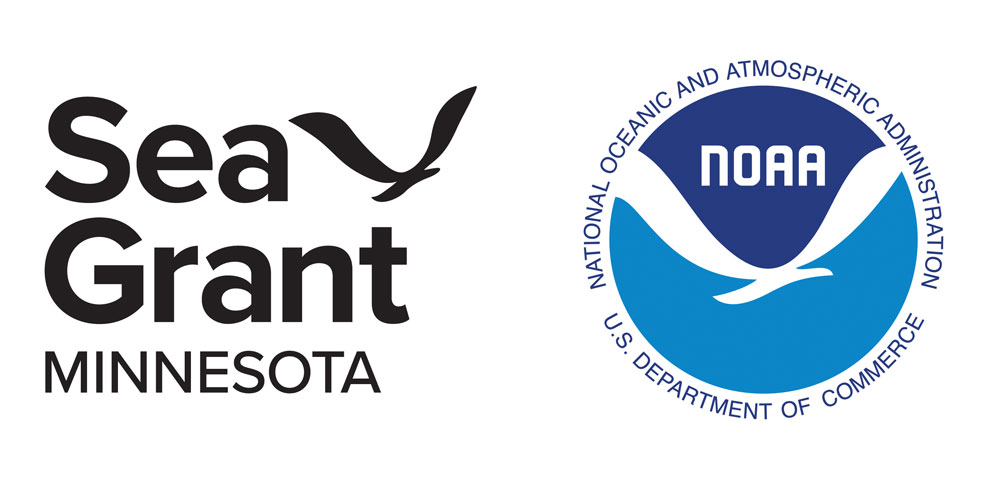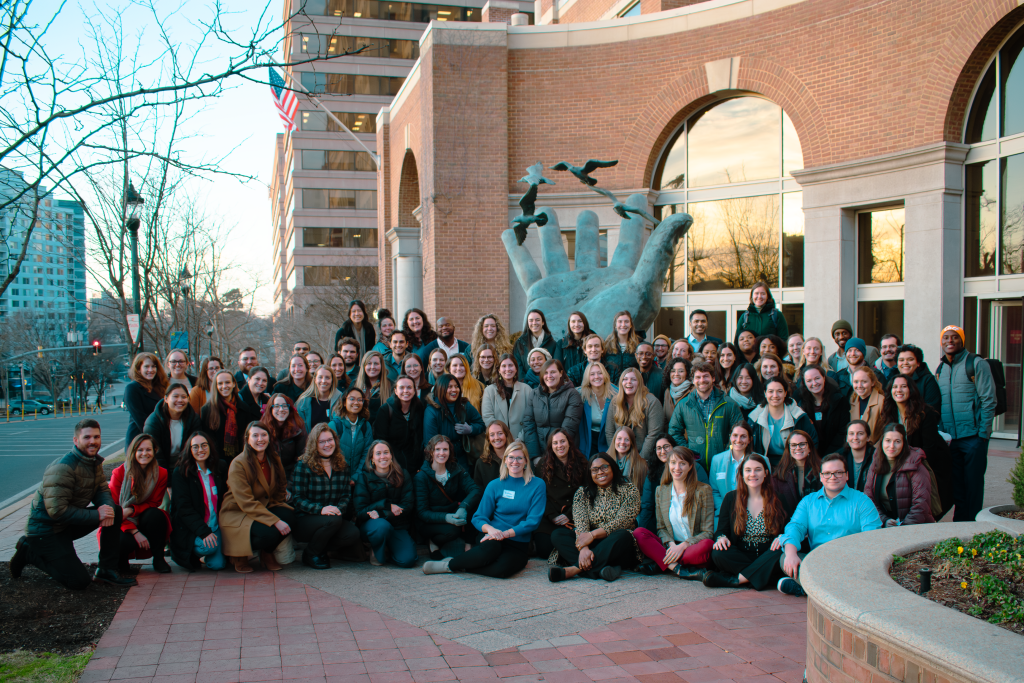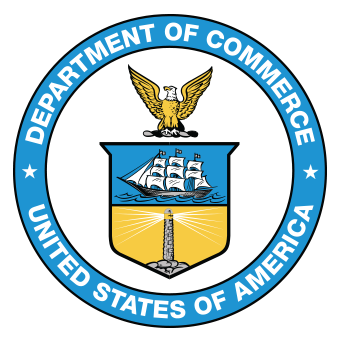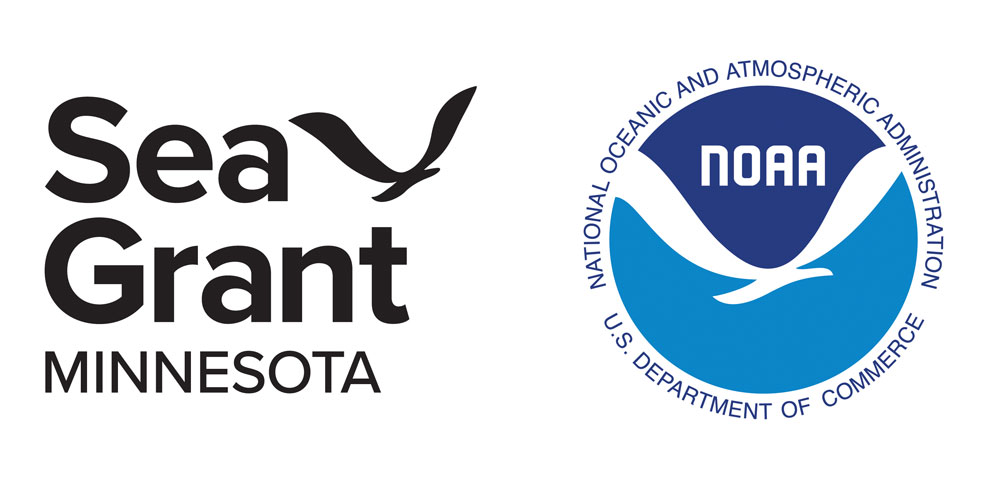“Unlocking the Future of Minnesota’s Waters: Minnesota Sea Grant Unveils Exciting New Fellowship Opportunity”
As the icy waters of Lake Superior give way to the vibrant hues of a Minnesota sunset, the state’s rich aquatic ecosystem comes alive with a tapestry of life and mystery. From the bustling ports of Duluth to the tranquil shores of the North Shore, Minnesota’s waterways are a vital part of the state’s identity and economy. But as our understanding of these complex ecosystems continues to evolve, so too must our approach to managing and protecting them.

Minnesota Sea Grant Launches Science and Policy Fellowship

Morningpicker is excited to share the news that the Minnesota Sea Grant has launched a new Science and Policy Fellowship program. This initiative aims to bridge the gap between research and policy by fostering collaboration between emerging scientists and policy-focused organizations.

Fellowship Overview
About the Fellowship: The Minnesota Sea Grant Science and Policy Fellowship aims to develop a skilled workforce capable of addressing Minnesota’s pressing water resource challenges. This initiative will place current and recent graduate students in full-time, one-year paid positions with host organizations, where they will apply their scientific expertise to critical water resource issues.
Mission and Objectives: The fellowship program is designed to build a workforce prepared to address Minnesota’s science-policy needs, support a pipeline of professionals ready to handle environmental challenges, and contribute to the long-term health and sustainability of Minnesota’s water resources.

Benefits for Host Organizations
Collaboration with Emerging Scientists: Host organizations will have the opportunity to benefit from the scientific and analytical skills of fellows as they tackle complex environmental challenges alongside staff, contributing to water resource policy development and implementation.
Mutual Benefits: The fellowship program offers mutual benefits, including access to skilled professionals, expertise, and resources, which can enhance the host organization’s work in addressing water resource challenges.
Supporting a Stronger Workforce: By participating in the fellowship program, host organizations will be contributing to the development of a skilled workforce capable of addressing Minnesota’s pressing water resource challenges.
Eligibility and Application Process
Call for Host Organizations: Minnesota Sea Grant invites applications from state, municipal, and county agencies, legislative committees, tribal agencies, and nonprofit organizations throughout Minnesota to serve as hosts for these fellows.
Application Process: Prospective hosts are encouraged to register and attend an informational webinar to learn more about the fellowship structure, the application process, and the mutual benefits of participation.
Application Forms: Host organizations must submit an application form to participate in the fellowship program.
Funding and Partnerships
Funding Source: Funding for this project was provided by the Minnesota Environment and Natural Resources Trust Fund as recommended by the Legislative-Citizen Commission on Minnesota Resources (LCCMR).
Sea Grant Program: Minnesota Sea Grant is a systemwide program of the University of Minnesota and one of 34 Sea Grant federal-university partnerships across the country that bring applied water science to communities.
Additional Resources
Contact Information: Alex Frie, research and fellowship coordinator, Minnesota Sea Grant, University of Minnesota, University of Minnesota Duluth, [email protected]; Marie Thoms, communications director, Minnesota Sea Grant, University of Minnesota and University of Minnesota Duluth, [email protected].
Informational Webinars: Register for informational webinars to learn more about the fellowship program and application process.
Conclusion
In conclusion, the Minnesota Sea Grant’s launch of the Science and Policy Fellowship marks a pivotal moment in bridging the gap between scientific research and policy decision-making. As discussed in this article, this fellowship aims to equip emerging professionals with the skills and knowledge necessary to effectively communicate complex scientific information to policymakers, ultimately informing more informed decision-making processes. By providing a platform for scientists to engage with policymakers and stakeholders, the fellowship fosters a collaborative environment that promotes the integration of science into policy.
The significance of this fellowship cannot be overstated, as it addresses a pressing need for more effective science-policy interactions. By cultivating a new generation of science-policy professionals, the Minnesota Sea Grant is poised to make a lasting impact on the management of Minnesota’s water resources, ecosystems, and communities. As the state continues to grapple with pressing environmental issues, such as climate change, water pollution, and biodiversity loss, the need for science-informed policy decisions has never been more pressing. The fellowship’s emphasis on interdisciplinary approaches, stakeholder engagement, and applied research ensures that the next generation of science-policy professionals is well-equipped to tackle these challenges.

